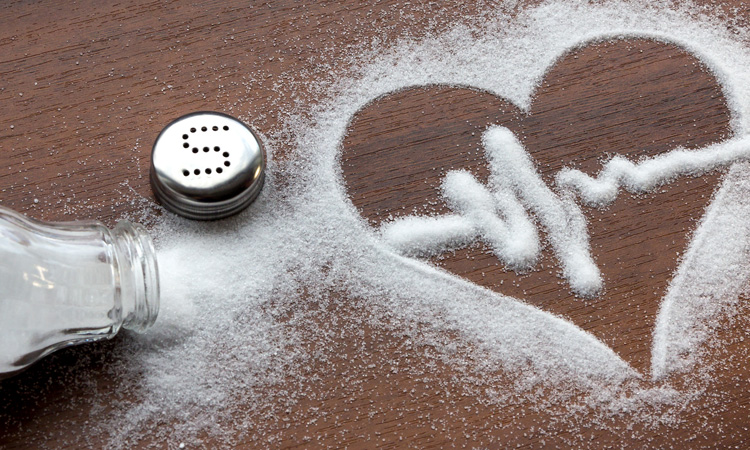Reducing salt consumption does not contribute to weight loss, study finds
Posted: 22 January 2020 | Sam Mehmet (New Food) | No comments yet
A controlled study of more than 400 participants has supported reducing salt intake as an important public health strategy to decrease incidence of hypertension.


Because salt consumption is thought to contribute to high blood pressure by stimulating thirst and leading to greater fluid intake, cutting salt intake is widely considered to be an important strategy for lowering blood pressure. Recent studies, however, have suggested that higher sodium intake does not in fact stimulate thirst and fluid intake but promotes weight loss by changing the body’s total energy needs.
A new study led by Stephen Juraschek, MD, PhD, Assistant Professor of Medicine at Beth Israel Deaconess Medical Center (BIDMC), has analysed these contrasting findings. The researchers found that reducing sodium intake in adults with elevated blood pressure or hypertension decreased thirst, urine volume (a marker of fluid intake) and blood pressure, but did not affect metabolic energy needs. These results are said to support the traditional notion that decreasing salt/sodium intake is critical to managing hypertension.
Using data from the completed Dietary Approaches to Stop Hypertension (DASH)-Sodium trial, a randomised controlled-feeding study, published in 2001, the researchers examined the effects of three different levels of sodium intake (low, medium, and high) on blood pressure in participants following two distinct diets – a typical American diet (control diet) or a healthy diet (the DASH Diet). In this secondary analysis of the DASH-Sodium trial, the researchers measured the impact of sodium intake on participants’ energy intake, weight, self-reported thirst, and 24-hour urine volume.
The researchers found that, while reduced salt/sodium intake did not affect the amount of energy required to maintain a stable weight, it did decrease participants’ thirst. Furthermore, urine volume was either unchanged or lower with reduced sodium intake. Together, these results suggest that in adults with elevated blood pressure or hypertension, a lower sodium intake decreases thirst, urine volume (and likely fluid intake) and blood pressure. These changes reportedly occurred without altering the amount of energy required to keep body weight constant.
“Our study contributes meaningfully to this scientific debate and underscores the importance of sodium reduction as a means to lower blood pressure,” said Juraschek. “Public health recommendations aimed at lowering population-wide sodium intake for blood pressure should continue without fear of contributing to weight gain.”
As a next step, Juraschek and his colleagues plan to continue to study the effects of sodium over a longer duration in adults with diabetes, as well as look at the effects of fluid intake on clinical outcomes through clinical trials as well as in large national datasets such as the National Health and Nutrition Examination Survey (NHANES).
Related topics
Health & Nutrition, Research & development, Salt, The consumer








